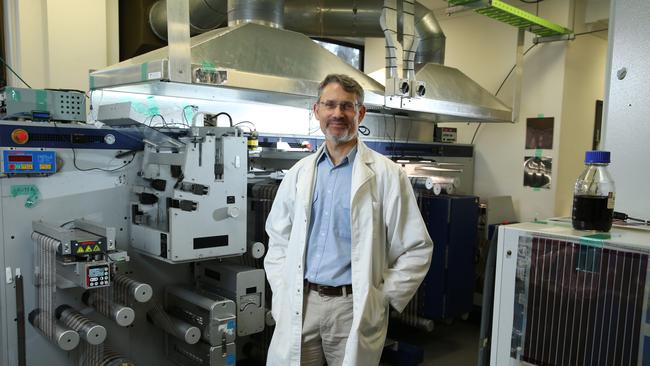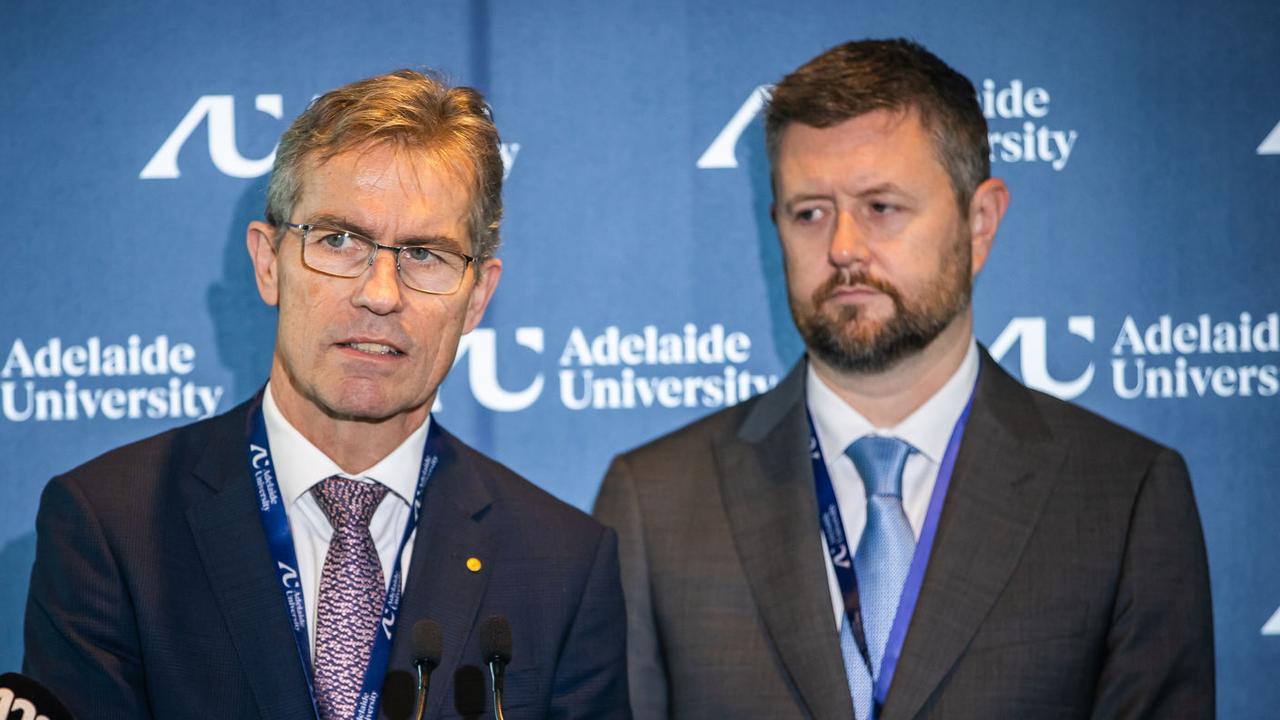
The downside is that nobody has a handle on all of these activities or can realistically estimate their social or economic dividends. Some large projects benefit from major government research funding bodies, others seek find support from philanthropic groups, business, government agencies, and community organisations. Many are funded, or partly funded, by universities themselves.
Most are relatively small scale, and never attract much attention. But they still proceed, largely hidden from the public gaze. They are often driven by the passion of individuals or small teams who see a problem they believe can be solved, or a situation they believe can be improved, and go and seek out funding or resources from partners to give it a go.
The inaugural Shaping Australia Awards – a partnership between Universities Australia and The Australian – aim to give some of these worthwhile projects the oxygen of publicity which we hope will benefit them as well as lend support to the view that universities are critical nationals asset and engines of innovation.
In our special coverage of the Shaping Australia Awards we profile the 18 finalists – filtered through a difficult sifting process from 114 entries – from whom outright winners were chosen in three categories. One set of winners was chosen by the panel of eminent judges, the other set by popular vote for the People’s Choice awards.
Why aren’t these projects, and countless more like them in universities, better known?
Partly it’s because of the nature of universities. Universities have talent and expertise in so many fields, they have so many overlapping structures (traditional departments and faculties as well as countless research centres) and so many partnerships and affiliations with other organisations, that it’s difficult to clearly map all their activities. And although, as institutions, universities have become increasingly corporatised they remain places which are cleverly resistant to top down management.
This messiness is often frustrating but its also a strength. Individuals, or a few like-minded people, can pursue their own ideas and forge their own path in a university environment. Innovations appear that would be unlikely to bubble to the surface in a tightly run, top down organisation.
This is not to say universities don’t have their problems or could not improve how they do things. They could, and many people, including me, regularly say so.
But what the achievements of these award finalists make clear is that blanket attacks on universities are not sustainable. Like John Cleese, in Monty Python’s Life of Brian, the most trenchant critics are really asking: “Apart from the sanitation, the medicine, education, wine, public order, irrigation, roads, the fresh water system and public health, what have universities ever done for us?”




There are very few institutions as complex, and as diverse, as universities and this is their strength – and their burden. Their very complexity means that across Australia’s higher education sector there are tens of thousands of beneficial projects underway – large and small – in research, in find better ways to teach students, and in working with business and the community to achieve worthwhile goals.